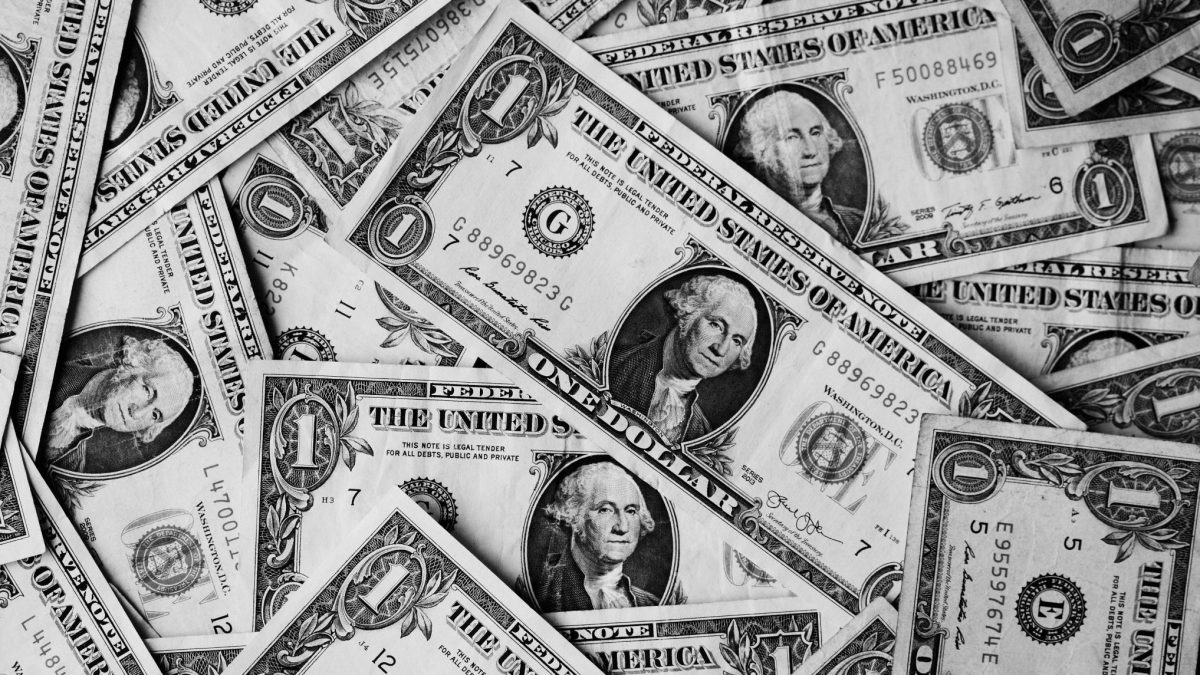On April 30, 2020, the IRS issued Notice 2020-32 regarding the deductibility for Federal income tax purposes of certain otherwise deductible expenses incurred in a taxpayer’s trade or business when the taxpayer receives a loan (covered loan) pursuant to the Paycheck Protection Program and the payment of such expenses results in forgiveness of a covered loan pursuant to section 1106(b) of the CARES Act and the income associated with the forgiveness is excluded from gross income for purposes of the Code pursuant to section 1106(i) of the CARES Act. Below are the highlights:
Background:
Under section 1106(b) of the Cares Act, a recipient of a covered loan can receive forgiveness of indebtedness on the loan (covered loan forgiveness) in an amount equal to the sum of payments made for the following expenses during the 8-week “covered period” beginning on the covered loan’s origination date (each, an eligible section 1106 expense): (1) payroll costs, (2) any payment of interest on any covered mortgage obligation, (3) any payment on any covered rent obligation, and (4) any covered utility payment.
Section 1106(i) of the CARES Act provides that, for purposes of the Code, any amount that (but for that subsection) would be includible in gross income of the recipient by reason of forgiveness described in section 1106(b) “shall be excluded from gross income.”
Deductibility of Eligible Section 1106 Expenses:
Neither section 1106(i) of the CARES Act nor any other provision of the CARES Act addresses whether deductions otherwise allowable under the Code for payments of eligible section 1106 expenses by a recipient of a covered loan are allowed if the covered loan is subsequently forgiven under section 1106(b) of the CARES Act as a result of the payment of those expenses.
Section 265(a)(1) of the Code and §1.265-1 of the Income Tax Regulations provide that no deduction is allowed to a taxpayer for any amount otherwise allowable as a deduction to such taxpayer that is allocable to one or more classes of income other than interest (whether or not any amount of income of that class or classes is received or accrued) wholly exempt from the taxes imposed by subtitle A of the Code. Furthermore, the regulation defines a class of exempt income to mean any class of income wholly exempt from taxes imposed by subtitle A of the Code which is wholly excluded from gross income under any provision of subtitle A or wholly exempt from taxes imposed by subtitle A under the provisions of any other law. Pursuant to the Notice, the deductibility of payments of eligible section 1106 expenses that result in loan forgiveness under section 1106(b) of the CARES Act is also subject to disallowance under case law and published rulings that deny deductions for otherwise deductible payments for which the taxpayer receives reimbursement.
As such, to the extent income is excluded under section 1106(i) of the CARES Act, the excluded income will be considered a class of exempt income. Pursuant to section 265, taxpayers will have to allocate expenses to the exempt income, resulting in no deduction for such allocated expenses. In other words, the covered expenses that are utilized in determining the loan forgiveness will be allocated to exempt income (up to the aggregate amount forgiven) under section 265 and will no longer be considered a valid business deduction in determining taxable income.



